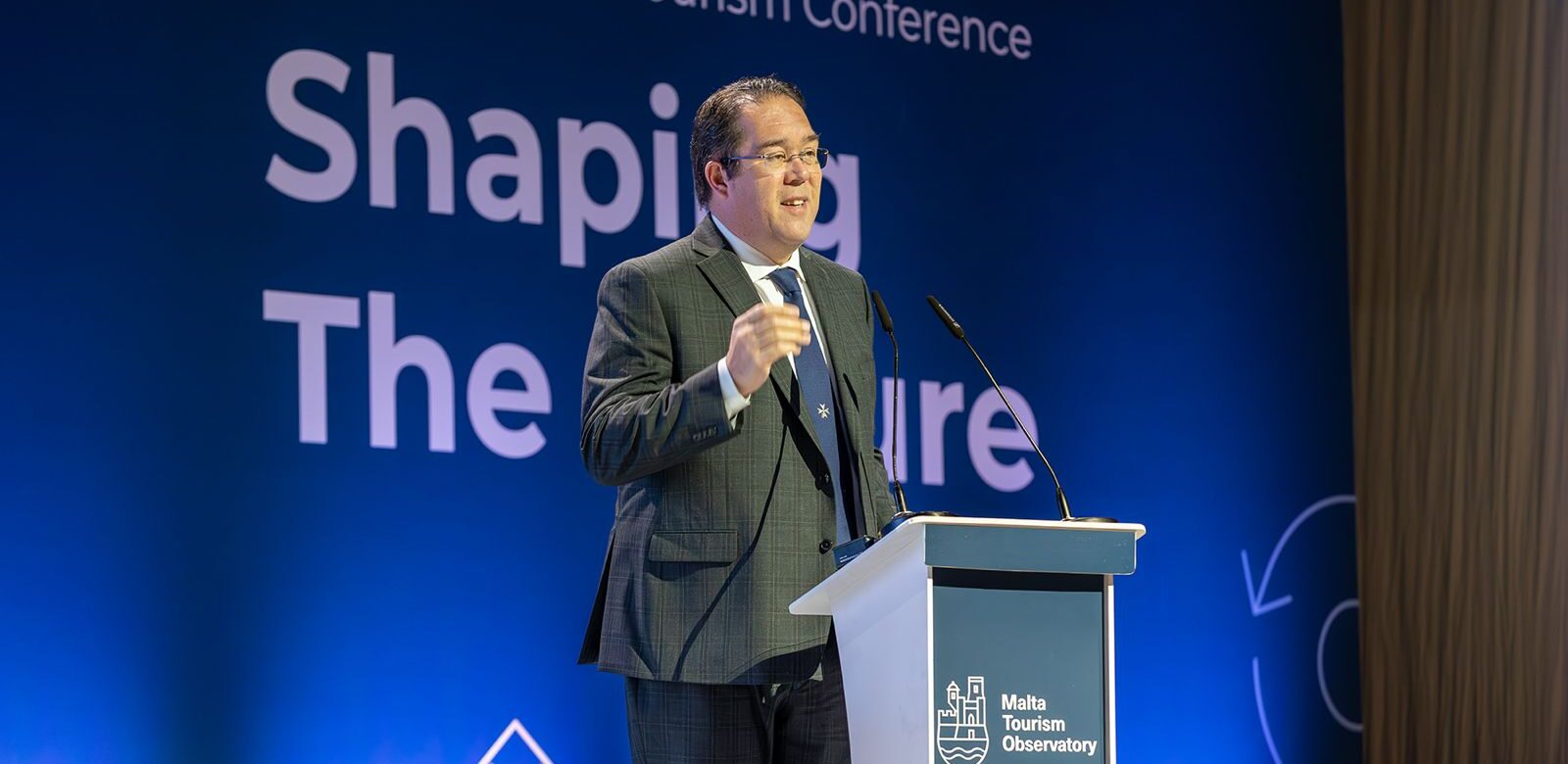The adoption of artificial intelligence (AI) among businesses in Malta is still in its early stages, with many organisations facing challenges in strategic planning and governance, according to the 2024 PwC Malta AI Business Survey.
Conducted by PwC Digital Services, the survey assessed the state of AI adoption in Malta, shedding light on key drivers, barriers, and organisational maturity in AI implementation.
Key findings: A gap in AI strategy and governance
The survey found that while businesses in Malta recognise the potential of AI, structured adoption remains a challenge.
Notably:
- 56 per cent of organisations reported not having a dedicated individual or team responsible for assessing AI use cases, highlighting a significant gap in strategic AI evaluation.
- 75 per cent of organisations lack an AI governance framework, raising concerns about oversight, ethical considerations, and compliance with regulatory obligations.
- 41 per cent of respondents see the greatest impact of AI in improving internal operations, with a focus on efficiency and productivity, while 29 per cent aim to enhance customer experience and 21 per cent seek to improve data-driven decision-making.
Interestingly, none of the survey participants scored as AI Novices, suggesting that all respondents have at least a fundamental understanding of AI technologies. However, 15 per cent were classified as AI Explorers, indicating a cautious approach to AI adoption.
AI maturity and business perspectives
More than half of respondents fell into the Visionary category, signifying an intent to integrate AI within their business models. However, these organisations face barriers such as a shortage of skilled talent and a lack of AI governance frameworks.
At the top tier, 24 per cent of businesses were classified as AI Leaders, and 10 per cent as AI Trailblazers, indicating that they are actively investing in AI technologies.
Economic impact and global context
PwC’s broader AI studies highlight the transformative potential of AI:
- AI is projected to contribute up to $15.7 trillion to the global economy.
- AI could result in a 26 per cent boost in GDP for local economies by 2030.
- According to PwC’s CEO Survey 2024, 45 per cent of CEOs believe their organisation will not be viable in 10 years if they do not adapt to AI-driven transformation.
At the European Union (EU) level, AI is seen as a critical driver of economic growth, digital sovereignty, and societal well-being. The EU’s AI strategy aims to position the bloc as a global AI hub through research, innovation, and ethical AI development. Meanwhile, Malta’s AI Strategy 2030 seeks to establish the country as a leader in AI adoption within the European economy, focusing on investment, innovation, and workforce development.
Next steps for business leaders
Based on the findings, PwC recommends that organisations:
- Develop AI governance frameworks to ensure responsible AI implementation and regulatory compliance.
- Invest in AI talent and upskilling initiatives to bridge the expertise gap.
- Align AI strategy with business objectives to maximise efficiency and innovation.
- Explore AI-driven customer engagement to enhance service delivery and user experience.
“Through this report, we aimed to understand how businesses locally are approaching the topic of AI based on four thematic areas: Strategy and adoption, governance, investment, and market perspective. Based on the findings of the survey, our report recommends next steps for organisations to ensure they are leveraging AI technologies to enhance their service offerings and internal operations, consistently working towards a human-led and tech-powered future for our businesses,” said Michel Ganado, PwC Digital Partner and Digital Services Leader.
Analytics ‘the bridge from intention to impact’ – Communications Hub CEO Viktoriia Yefimenko
As communication strategies become increasingly automated, the more valuable intelligence becomes.
‘An exciting new chapter’: Winston Zahra welcomes approval of Manchester Hotel expansion
Winston is the co-owner of the Manchester hotel and founder of Troo Hospitality.
Christmas a time ‘to try to find elusive peace’ – Roberta Metsola
Listeners were urged to understand the obligation we have to our collective humanity’
MTA CEO Carlo Micallef: Italian tourism award validates shift to quality and sustainability
The MTA strategy ensures Malta and Gozo continue to offer meaningful experiences while safeguarding what makes the islands unique









